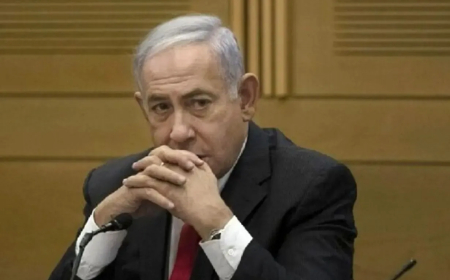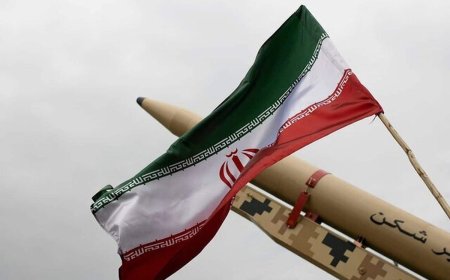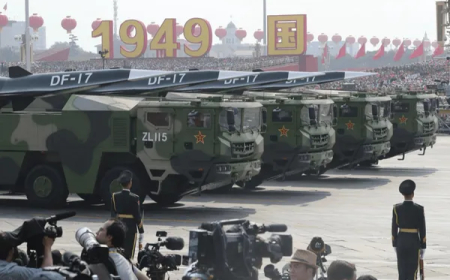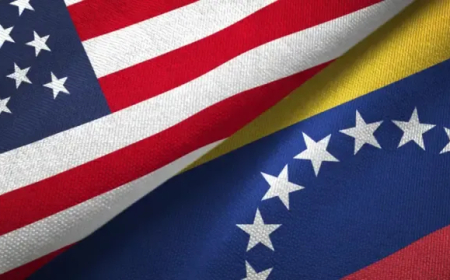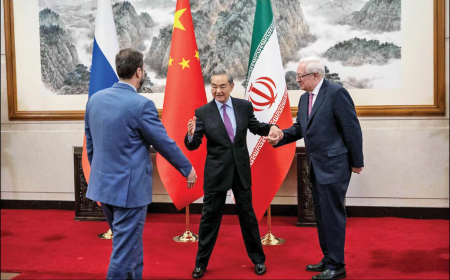U.S. President Acknowledges Washington’s Central Role in Iran Attack
In a striking revelation, U.S. President Donald Trump admitted that he had “full control” over Israel’s June 13 attack on Iran, calling himself “responsible and at the top” of the operation. Speaking at the White House, Trump also claimed that Iran had requested the lifting of “tough U.S. sanctions” and said he was open to talks.
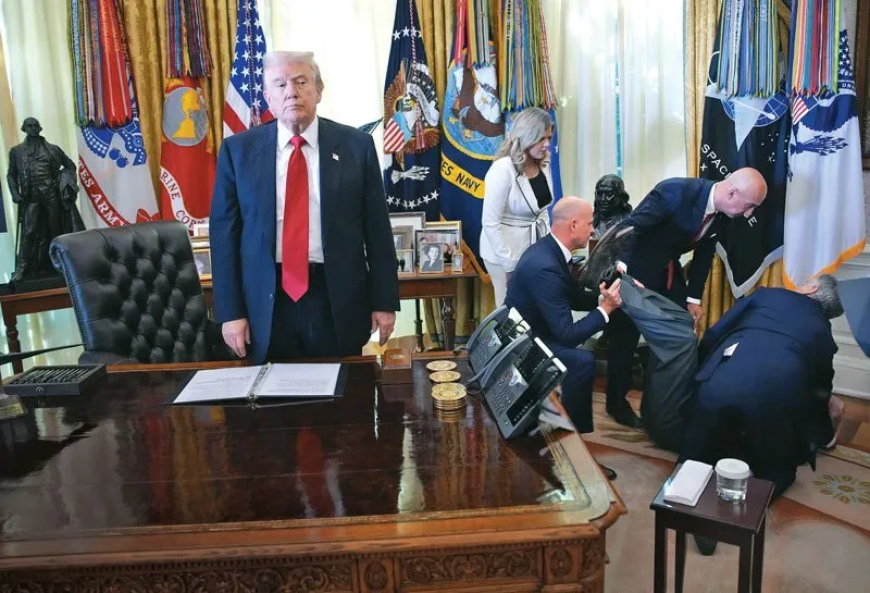
U.S. President Donald Trump said on Thursday that he personally oversaw and controlled Israel’s June 13 attack on Iran, describing the strike as “very powerful” and claiming that the first wave of attacks caused “more damage than all the subsequent ones combined.”
Trump made the comments during a dinner with Central Asian leaders at the White House, where he further claimed that Iran had requested the removal of U.S. sanctions, adding that he was “ready to listen” and that “the door to dialogue is open.”
His remarks contradict earlier statements he made in the days following the attack, when he downplayed Washington’s involvement and merely said he had been “informed” of the strike. The latest admission has raised questions about the extent of U.S. participation in the military assault and its potential legal and diplomatic repercussions.
Analysts say Trump’s acknowledgment is unprecedented and underscores the direct role of the United States in an attack that was initially framed as an Israeli operation. Political observers argue that such a confession could expose both Trump and the U.S. government to accusations of violating international law and the sovereignty of an independent nation.
From a military perspective, experts note that the attack, which was claimed to have “crippled Iran’s nuclear and missile programs,” has not achieved its objectives. Reports indicate that Iran has rapidly restored and even enhanced its defense capabilities, particularly in the fields of missile development and air defense — aided by cooperation with China and Russia.
Trump’s admission has also drawn criticism for its political recklessness, as it openly undermines Israel’s narrative that the attack was planned and executed solely by Tel Aviv. For regional analysts, his statement confirms what many had long suspected: that Israel lacks the capability to act unilaterally against Iran without U.S. military and logistical support.
Despite the political storm, Trump insisted that his administration remains open to new talks with Iran, though he once again tied negotiations to what he called a “peace through strength” approach — a phrase critics interpret as a demand for Iran’s unconditional surrender.
As the international community reacts to these statements, observers warn that Trump’s words could complicate diplomatic channels and reinforce perceptions of Washington’s aggressive and unilateral approach toward the Middle East.
